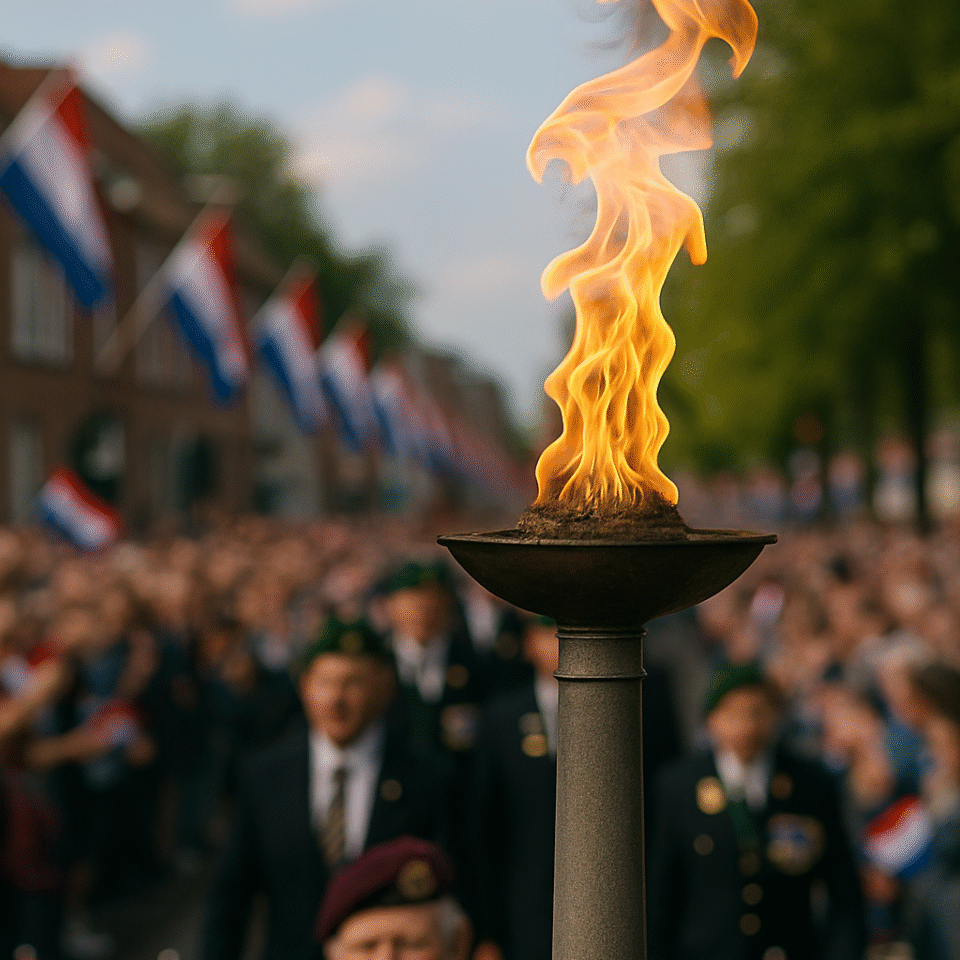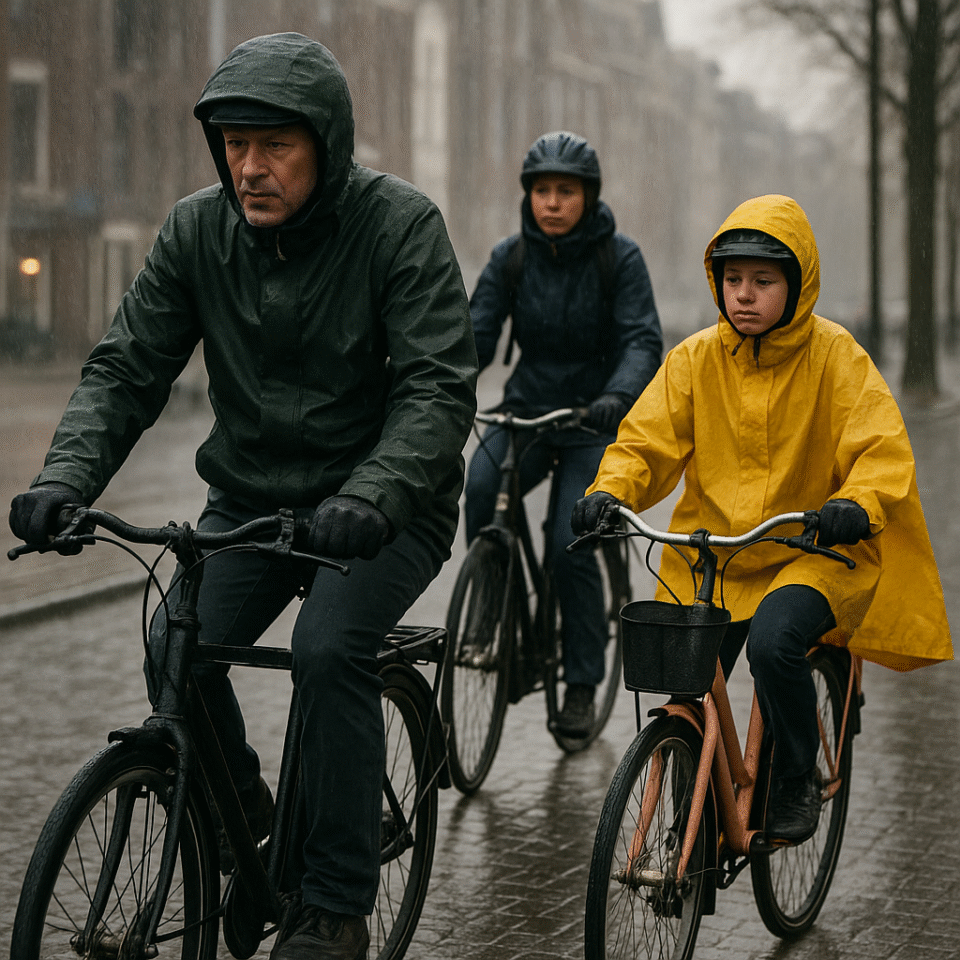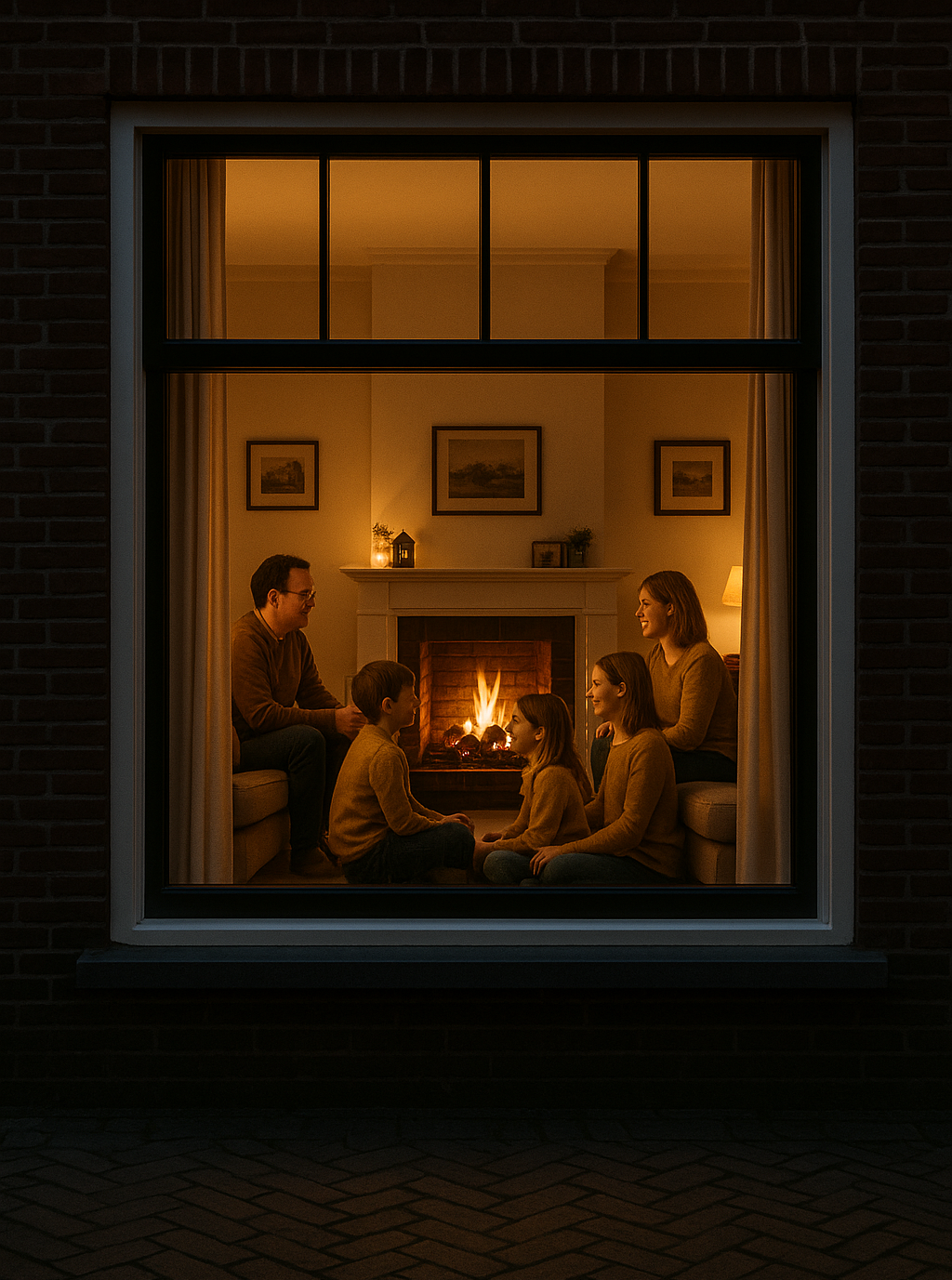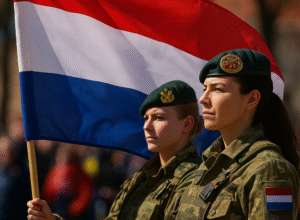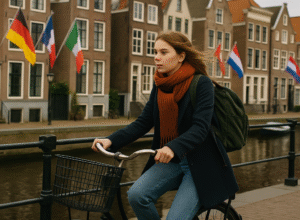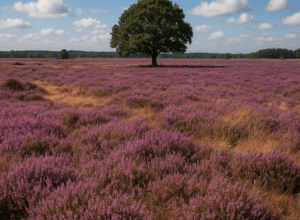Each year on May 5th, the Netherlands transforms into a nationwide celebration of freedom. For Americans visiting or considering life in the Netherlands, understanding this significant day offers insights into Dutch values and national identity.
From Occupation to Liberation: The Historical Context
The Netherlands’ Liberation Day (Bevrijdingsdag) commemorates the end of Nazi occupation during World War II. While Americans often associate European liberation with D-Day, the Netherlands’ path to freedom followed a longer and more complex timeline. After five years of occupation that began in May 1940, the country wasn’t fully liberated until Canadian, British, Polish, American, and other Allied forces progressively freed Dutch territory between September 1944 and May 1945.
The liberation didn’t come without tremendous cost. During what Dutch people call the “Hunger Winter” of 1944-1945, thousands died from starvation in western regions still under Nazi control. When Canadian forces finally reached Amsterdam on May 5, 1945, they found a population that had endured extraordinary hardship but maintained remarkable resilience.
Remembrance Before Celebration: The Two-Day Observance
What many Americans might find distinctive is how the Netherlands approaches commemorating this historical period. The Dutch observe a powerful two-day sequence:
- May 4: Remembrance Day (Dodenherdenking)
The day before Liberation Day is dedicated to remembering all Dutch people – civilians and soldiers – who have died in wars and peacekeeping missions since the outbreak of World War II. At 8:00 PM, the entire country observes two minutes of complete silence. Traffic stops, television and radio broadcasts pause, and people stand still wherever they are to honor the fallen. The main ceremony takes place at Dam Square in Amsterdam, where the king and queen lay wreaths at the National Monument. - May 5: Liberation Day (Bevrijdingsdag)
Only after this solemn remembrance does celebration begin. This sequential approach reflects the Dutch value of acknowledging suffering before celebrating freedom – a cultural perspective that recognizes joy is more meaningful when preceded by reflection.
How Liberation Day is Celebrated
Liberation Day celebrations blend reflection with joyful festivities in characteristically Dutch fashion:
Liberation Festivals (Bevrijdingsfestivals)
Throughout the country, fourteen official Liberation Festivals take place simultaneously. From Groningen to Rotterdam, these free public events feature:
- Music performances from major Dutch artists
- Political debates and speeches
- Educational exhibitions about freedom
- Food and drink with a festive atmosphere
The festivals explicitly connect historical freedom with contemporary human rights discussions, making them more than just entertainment but venues for civic engagement.
The Liberation Flame (Bevrijdingsvuur)
On the eve of Liberation Day, runners collect the “freedom fire” from Wageningen (where the German surrender was signed) and relay it throughout the night to various cities across the Netherlands. This symbolic passing of flame connects communities in a shared commemoration.
Official Ceremonies
The Prime Minister traditionally opens the national celebration in Wageningen. The government designates an official “Ambassador of Freedom” each year – typically a prominent musician who travels by helicopter between festivals to perform and speak about freedom’s importance.
Public Holiday Status
An important practical note for visitors and residents: Liberation Day is an official public holiday only once every five years (in years ending in 0 and 5). This means that in 2025, the celebration has special significance as most businesses will be closed and more extensive festivities will take place nationwide. In other years, while the day remains culturally significant with many events and commemorations taking place, many Dutch people will still be at work, and most businesses operate normally.
Liberation Day in Dutch Culture Today
For Americans trying to understand Dutch culture, Liberation Day offers important insights:
A Living Holiday, Not Just History
Unlike some historical commemorations that feel distant from modern life, Liberation Day remains relevant to Dutch people of all ages. Schools actively teach its significance, and younger generations participate enthusiastically in both the remembrance and celebrations.
National Unity Through Shared Values
In an increasingly diverse Netherlands, Liberation Day serves as a unifying cultural touchpoint. It emphasizes freedom, democracy, and human rights as shared values that transcend political differences.
The Ongoing Conversation About Freedom
What might particularly resonate with American visitors is how the Dutch use this day to discuss what freedom means in contemporary society. Liberation Day’s events regularly address current issues like refugee rights, surveillance concerns, and threats to democracy worldwide.
Experiencing Liberation Day as an American
If you’re visiting the Netherlands during early May, here’s how to meaningfully experience this cultural event:
- Participate in the Two Minutes’ Silence
On May 4th at 8:00 PM, wherever you are, stop and observe the silence. It’s a powerful collective moment that demonstrates respect and builds connection with those around you. - Attend a Local Liberation Festival
Each province hosts its own celebration. The Amsterdam event at Westerpark is particularly large, but regional festivals often provide more authentic experiences with locals. - Visit Historical Sites
The Netherlands has preserved many significant WWII locations. The National Liberation Museum in Groesbeek and the Resistance Museum in Amsterdam offer compelling historical context. - Engage in Conversations
Dutch people are generally open to discussing their history with interested visitors. Asking respectful questions about Liberation Day can lead to meaningful exchanges about how different nations remember shared history.
Freedom: A Value Worth Commemorating
For Dutch people, freedom isn’t abstract – it was lost within living memory and had to be painfully reclaimed. Liberation Day serves as both celebration and reminder that freedom requires ongoing vigilance and care.
As an American visitor or resident in the Netherlands, participating in these observances offers a unique opportunity to reflect on freedom from a different cultural perspective. The Dutch approach – pausing first to remember sacrifice before celebrating liberty – provides a thoughtful template for honoring history while looking forward.
Whether you’re planning a brief visit or considering making the Netherlands your home, understanding Liberation Day helps illuminate the values that continue to shape Dutch society today.
